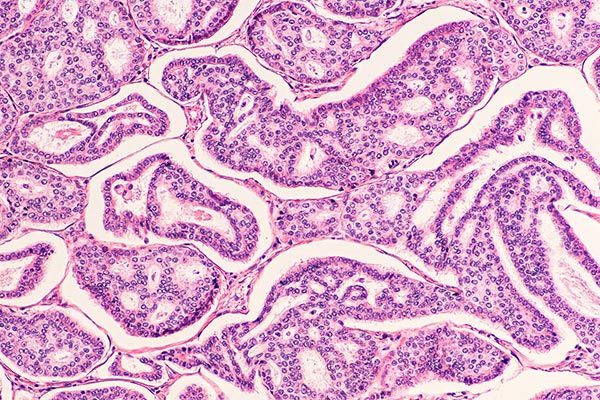Cancer Genomics

Tumors are known to shed DNA into the bloodstream. The amount of tumor DNA in the bloodstream is thought to reflect the tumor load in a patient, and mutations detected in circulating tumor DNA (ctDNA) are thought to reflect the therapy response profile of the tumor itself.
The Scripps Research Translational Institute has launched several studies aiming to provide a more complete characterization of ctDNA, and to explore the potential use of circulating DNA for the diagnosis of difficult to detect tumors, including colorectal and ovarian cancer. Ultimately, findings from these studies will be used to develop minimally invasive early detection tests for cancer, leading to improved screening rates, increased screening safety, longer cancer survival and overall cost savings.
"Incidental Detection of Maternal Neoplasia in Noninvasive Prenatal Testing," Clin Chem, 2018
"Assessment of circulating copy number variant detection for cancer screening," PloS One, 2017
"Liquid Biopsies for Cancer: Coming to a Patient Near You," J Clin Med, 2017
"Circulating tumor cells from well-differentiated lung adenocarcinoma retain cytomorphologic features of primary tumor type," Arch Pathol Lab Med, 2009

